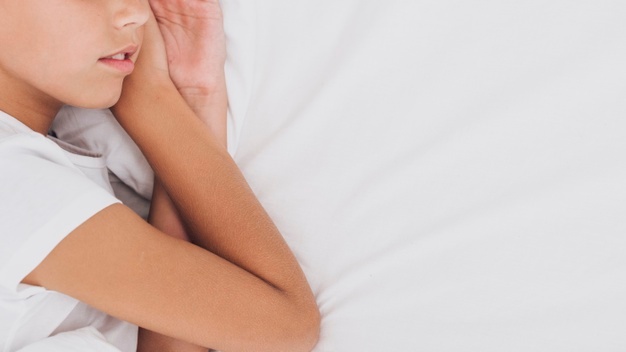
Have you ever dreamt that you were falling in your sleep and your entire body shook? Yes, you probably did. Actually, what many people don’t know, is that it’s a normal condition called twitching or hypnic jerks. According to science, over 60% of people twitch when they are falling asleep. They explain that it’s common, yet could be the result of several factors. So, why do people twitch in their sleep? Let’s find out.
What Happens To Your Body When You Are Falling Asleep?

This natural phenomenon is explained through science by being an unconscious response to reality. In fact, it usually occurs between wakefulness and sleep, that’s why it’s called Hypnagogic jerks, in reference to hypnagogic state. Moreover, in most cases, twitching goes unremembered especially if it doesn’t wake you up. However, why do we feel it? Well, several theories explain that the muscle spasms can happen naturally, or can be ”induced by sound, light or other external stimuli”.
Twitching Could Mean Several Things

Furthermore, twitching can be just a response from your nerves when you transition to deep sleep state. However, it can also be related to factors such as anxiety, fatigue, depression or even sleep deprivation. So, according to experts, if you frequently experience hypnic jerks, you may need to pay attention to what you could change about your daily habits.
So, Is It Dangerous?

The big question remains: Is twitching a dangerous thing? Well, usually there is nothing to worry about besides discomfort. However, if you witness that it happens very often, you should consider reducing your physical activity. Research showed that people who changed their physical activity, experienced less hyping jerks. Despite what people say about the possibility of dying due to twitching, it is highly unlikely that you do actually ”die from the fall”, since your muscles’ reflex is faster when your are reaching the deep sleep phase.
Photos: Freepik
